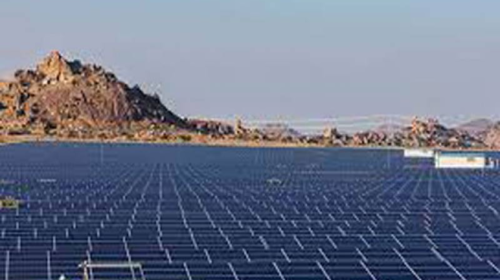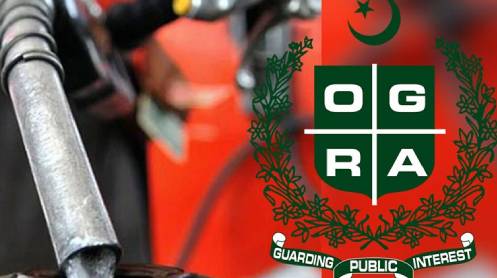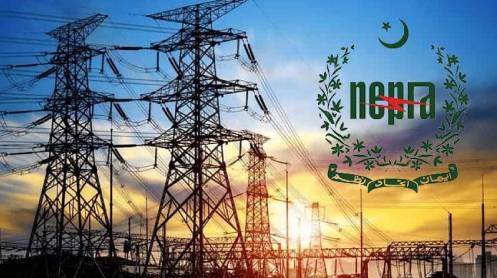It landed like a bombshell. On the 5th of July, the State Bank of Pakistan (SBP) updated its list of products for which “prior permission” will be required and LCs can be opened for their import. Among the products added to the list – solar panels, inverters, and batteries.
The requirement had been in place since May 20, but this new circular expanded the coverage to all items under HS codes 84 and 85, which includes “nuclear reactors, boilers, machinery and mechanical appliances and parts thereof,” as well as “electrical machinery and equipment and parts thereof.” The latter category has netted solar panels, inverters and batteries among many other items.
“The import of solar equipment has been slowed since no payment can be made without prior permission,” says Muhammad Farhan, ex Chairman of Pakistan Solar Association. One of the HS codes, among hundreds, on the list of items that now require prior permission of the SBP is HS8504.4090, under which all inverters are ordered, but that code also includes other items like emergency power supply equipment for hospitals, he adds.
“Tax on any equipment other than solar panels has not been zeroed,” he tells Profit, referring to the decision taken by the prime minister that excludes solar panels from the Sales Tax. “Why have solar on-grid inverters not been zeroed? They have no other purpose!”
What shocked players in Pakistan’s solar market was the timing of the announcement. The SBP circular including all their equipment in the list of items requiring prior permission was issued on July 5. The very next day Prime Minister Shehbaz Sharif tweeted an announcement of a “solar package” that his government is preparing to ramp up adoption of solar initiatives across the country.
This is not the first time that providers of solar solutions have faced restrictions. On at least two occasions before this, the noose has been tightened around their necks, despite the fact that the country is facing daunting power shortages and spiraling cost of imported fuel. Rather than providing relief to the solar industry, the government seems intent on making their lives difficult.
In April the State Bank required solar imports to post 100 percent cash margin on all LCs, placing a crushing burden on the cash flows of all businesses operating in this sector. That was then followed on May 20 by a circular requiring “prior permission” for import of solar inverters as mentioned earlier. And then we have the latest circular issued on July 5 that expanded the coverage to panels, batteries, solar lanterns, geysers and all other products.
“The government recently has taken a keen interest in solar energy and has pledged to expand renewable energy in the energy mix by 20% by 2025 and by 30% by 2030,” said Reon Energy in a statement sent to Profit magazine via email.
On its website, Reon says it is the country’s largest company in the solar sector, providing large solar solutions to industry. They are currently engaged in the largest solar project in the industrial sector, for a cement plant in DI Khan, installing a project that will take the plant off natural gas forever once completed. The COD for that project is expected in November, but it has been hit by the new requirements.
“The premier also recently stated via his Twitter handle that the coalition government aims to introduce the country’s first comprehensive solar policy which will drastically cut fuel imports, bring down cost of electricity and provide clean energy,” the statement continues, highlighting the irony behind the timing of the announcement.
“On the contrary, the SBP lately imposed a regulatory bank approval requisite on inverters and batteries as per EPD Circular Letter as of May 20, 2022, and on solar panels, as per EPD Circular Letter dated July 5, 2022, to curb imports in accordance with the recent policy wide announcements.”





